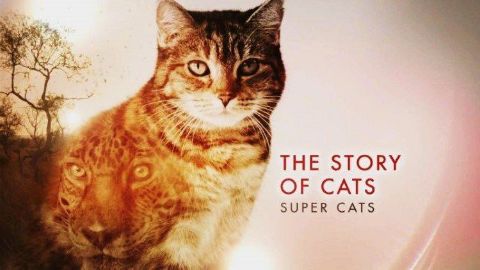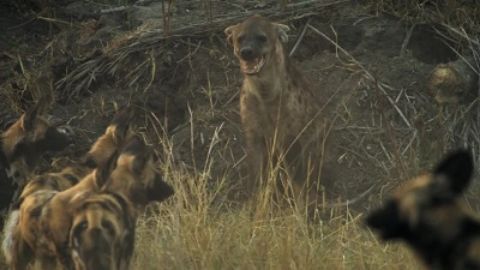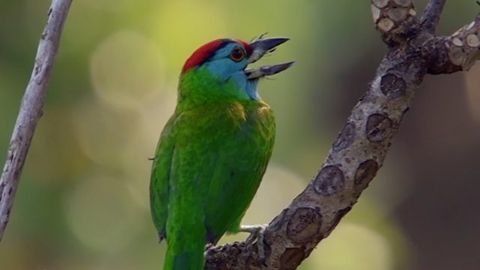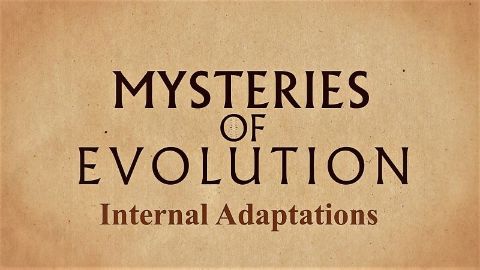Tokyo's Lost Islands: Sofugan • 2019
In Tokyo, there are unapproachable "lost islands" where unspoiled environs cradle rich wildlife. Sofugan is a 100-meter-high solitary rock pillar standing in the ocean 650km south of the capital city's center. Remote and difficult to access, it had never been explored in detail. A group of scientists and engineers set out on a two-year survey. This program records their journey, along with the creatures they discover - from unusual species amongst the rugged rocks to mysterious marine life in the surrounding deep sea.
Make a donation
Buy a brother a hot coffee? Or a cold beer?
Hope you're finding these documentaries fascinating and eye-opening. It's just me, working hard behind the scenes to bring you this enriching content.
Running and maintaining a website like this takes time and resources. That's why I'm reaching out to you. If you appreciate what I do and would like to support my efforts, would you consider "buying me a coffee"?
Donation addresses
BTC: bc1q8ldskxh4x9qnddhcrgcun8rtvddeldm2a07r2v
ETH: 0x5CCAAA1afc5c5D814129d99277dDb5A979672116
With your donation through , you can show your appreciation and help me keep this project going. Every contribution, no matter how small, makes a significant impact. It goes directly towards covering server costs.





